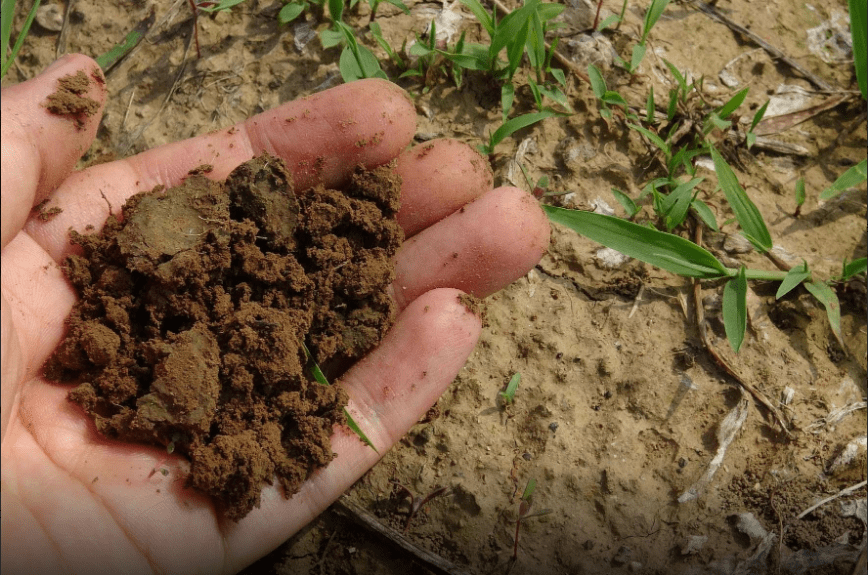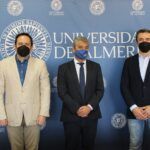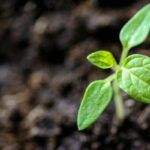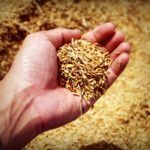The research carried out by the BIO-175 group has concluded although the heterogeneity of the starting materials and the enormous diversity shown by the specific microbiota of each composting process, it is possible to obtain quality products that comply with current legislation.
The BIO-175 group, led by Professor Joaquín Moreno, from the University of Almería, has carried out a research on the process of composting on an industrial scale, which it has been determined that despite the heterogeneity and diversity that each composting process involves, it is possible to obtain quality products that comply with current legislation.
The proper transformation of organic matter and the final quality of a well-made compost depends on the qualitative and quantitative composition of the microorganisms associated with the composted materials. However, a thorough understanding of the microbial community that makes up a compost pile is not an easy task, mainly due to the limitations of the culture media that are routinely used in the laboratory. In fact, it is estimated that only 1 to 10 percent of the microorganisms that inhabit a compost pile are cultivable, which makes it difficult to know exactly which microorganisms are involved in the process.
Furthermore, if it is added the enormous complexity and heterogeneity that waste material can provide prior to its composting, it is found that the final products can be very different, despite the fact that at a legislative level they must comply with a series of strict standards.
The work of the researchers of the University of Almeria has allowed knowing that in spite of this heterogeneity of the starting materials and of enormous diversity shown by the specific microbiota of each composting process, it is possible to obtain quality products.
This research by the University of Almeria has highlighted the enormous drawback of the lack of homogeneity and repetitiveness of composting processes on an industrial scale. Both aspects result in obtaining compost that is extremely different from a physical-chemical-microbiological point of view, and of a quality that is hardly predictable. The magnitude of the problem is such that the “biodiverse” nature of the starting materials, could make many experts think that the standardization of composting processes is practically impossible and, consequently, the determination of correct indicators of quality of the final product, could be a difficult challenge to achieve.
Many types of research in the field of composting have focused on the possibility of predicting the quality of the compost according to such basic parameters as the percentage of organic matter, the C/N ratio, the humification and nitrification rates or an infinity of enzymatic indicators derived, almost exclusively, from the microbial activity inside the piles. Nevertheless, thanks to recent advances in metagenomics of the composting process, the complexity of this prediction has become evident, since the microbial biodiversity of the compost can be almost exclusive to each process.
This situation reflects the enormous metabolic versatility shown by different groups of microorganisms when it comes to biotransforming organic waste of a highly diverse nature. The research carried out by UAL concludes that under optimal conditions, during the composting process on an industrial scale, different factors (microorganisms and organic waste) and different paths (metabolism and environmental factors) can give rise to compost that fulfils quality standards.
In recent years, as a result of the serious environmental problems related to the generation and accumulation of anthropogenic waste, composting has become an ecological and sustainable alternative, aimed at the revaluation of organic waste which, moreover, has enormous agronomic value. The waste that can be composted shows an enormous variability, ranging from plant debris from intensive agriculture to solid urban waste, sludge from wastewater purification, or any other type of organic waste from the agro-food industry.






Leave a Reply